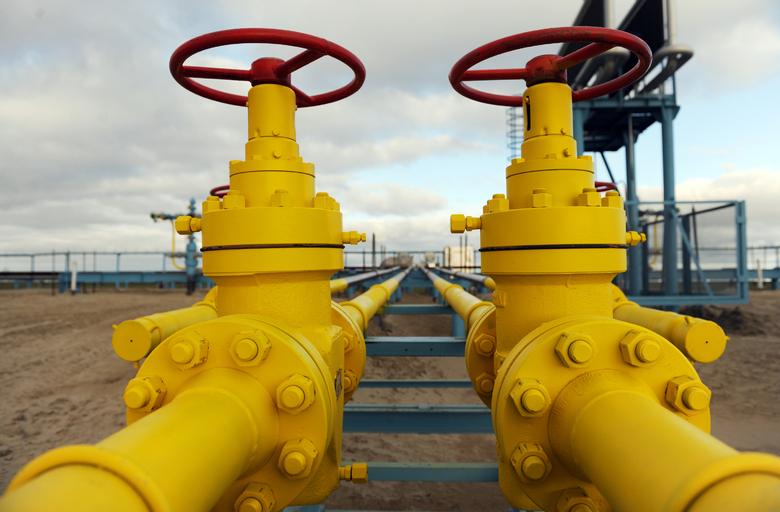
2050: DOUBLE GAS DEMAND

"The lifting of sanctions on Iran would be a game changer for world gas market," said Dr Seyed Mohammad Hossein Adeli, secretary general of the Gas Exproting Countries Forum, Zawya news website has reported.
Addressing the Fourth Gulf Energy Markets Forum held for the first time in the UAE emirate of Fujairah, he added: "Iranian gas will be needed, both economically and politically," he added.
Adeli explained that global gas demand is expected to more than double by 2050, driven partly by economic growth but also a trend towards greater diversification of the world's energy mix. He added that the share of gas in the global energy mix was expected to rise to 26% in the future.
Iran has the world's second largest proved natural gas reserves. After years of sctrict economic rectrictions imposed by the West, the potential lifting of sanctions could help the hydrocarbons sector return as a major oil and gas exporter and provide a stimulus to the domestic economy.
A panel debate at the Gulf Intelligence Energy Markets Forum addressed the issue of energy security for producing and consuming nations amid rising concerns that geopolitical volatility could pose serious threats for the future.
Europe is increasingly looking to the Middle East and Caspian regions, and soon the US, as potential sources for supply diversification as the struggle with its main gas supplier- Russia over Ukraine continues.
Asian consumers such as China, Japan and South Korea, which continue to import the bulk of their energy from the Middle East, have also begun to diversify their supply channels, investing in pipelines and liquefied natural gas (LNG) import facilities and other related infrastructure.
Other factors in the global oil and gas market are violence and political unrest in oil-producing OPEC nations such as Iraq, Libya and Nigeria. Currently threatening present production and future output targets, instability in the region might have potential severe implications for market stability and the direction of future energy flows.
Carbon restrictions and greater efficiency technologies also challenge future demand forecasts. US oil imports from traditional suppliers such as Saudi Arabia have declined in the wake of the domestic shale boom, which is raising concerns among producers over demand.
The Government of Fujairah was the Title Partner of the 4th Energy Markets Forum, held under the Patronage of His Highness Sheikh Hamad Bin Mohammed Al-Sharqi, Supreme Council Member and Ruler of Fujairah, while energy information provider Platts, and energy and commodity trading company Vitol Group were the event's Premier Partners. The event took place for the first time in Fujairah under the theme 'Energy Paradigm Shifting - Sector in Transformation'.
arabianoilandgas.com





